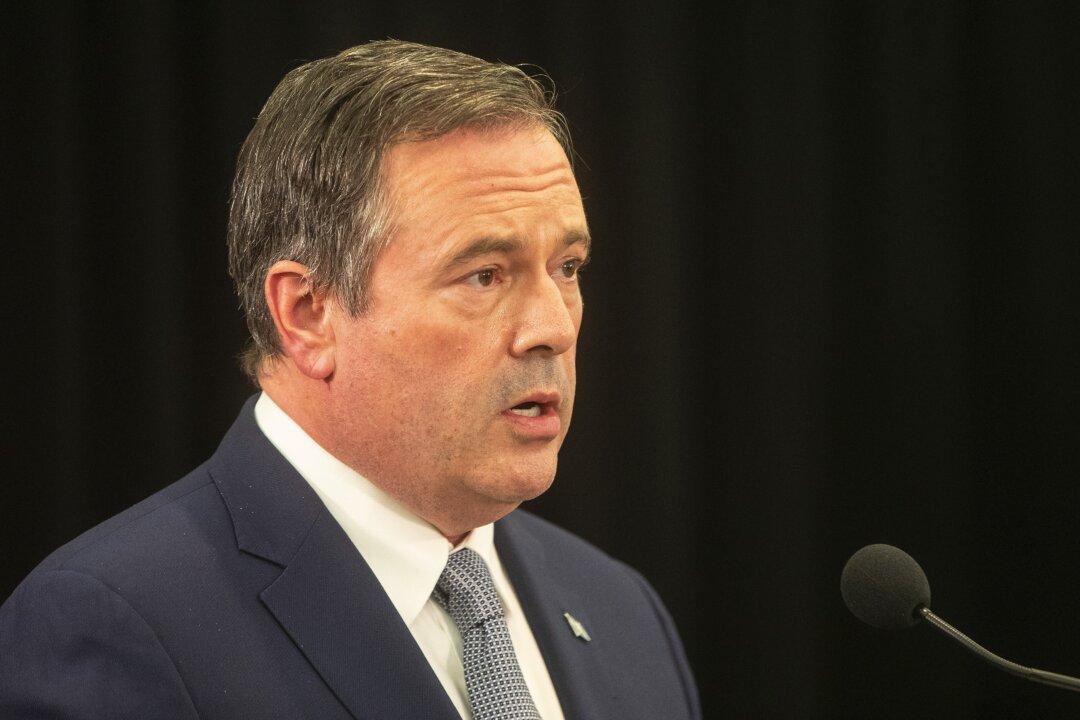News Analysis
Troubles for Alberta Premier Jason Kenney don’t show signs of abating as he faces scrutiny from those who wanted stricter public health controls when he scaled back restrictions in the summer, and is also confronted with revolt from within his caucus for reintroducing new virus control measures.





